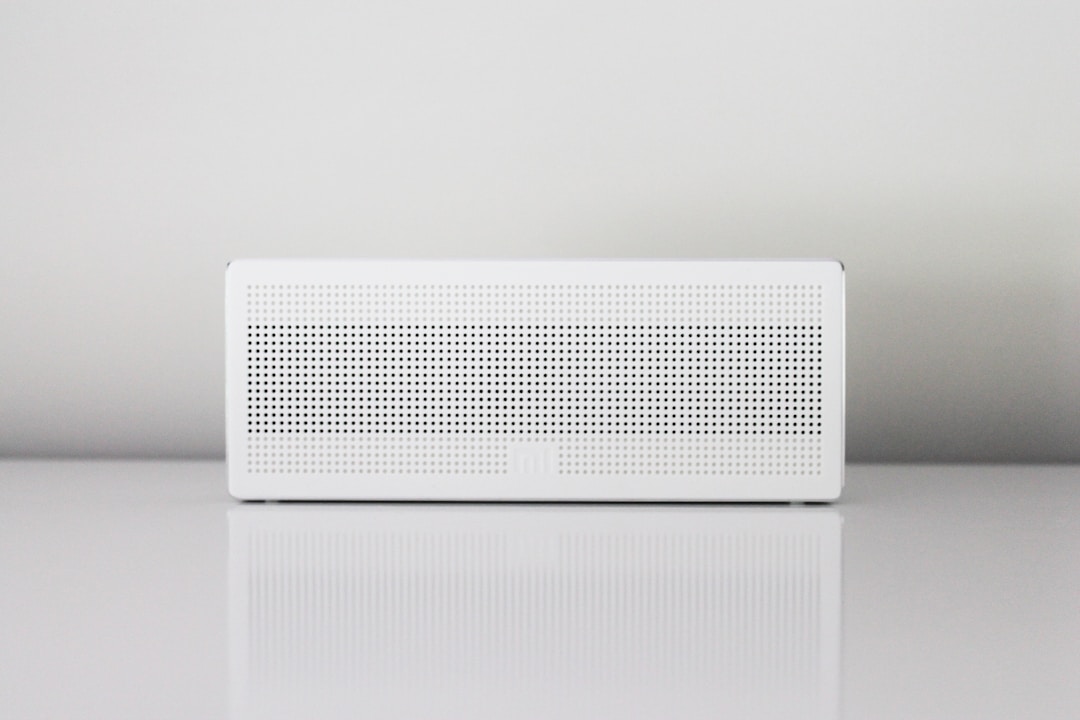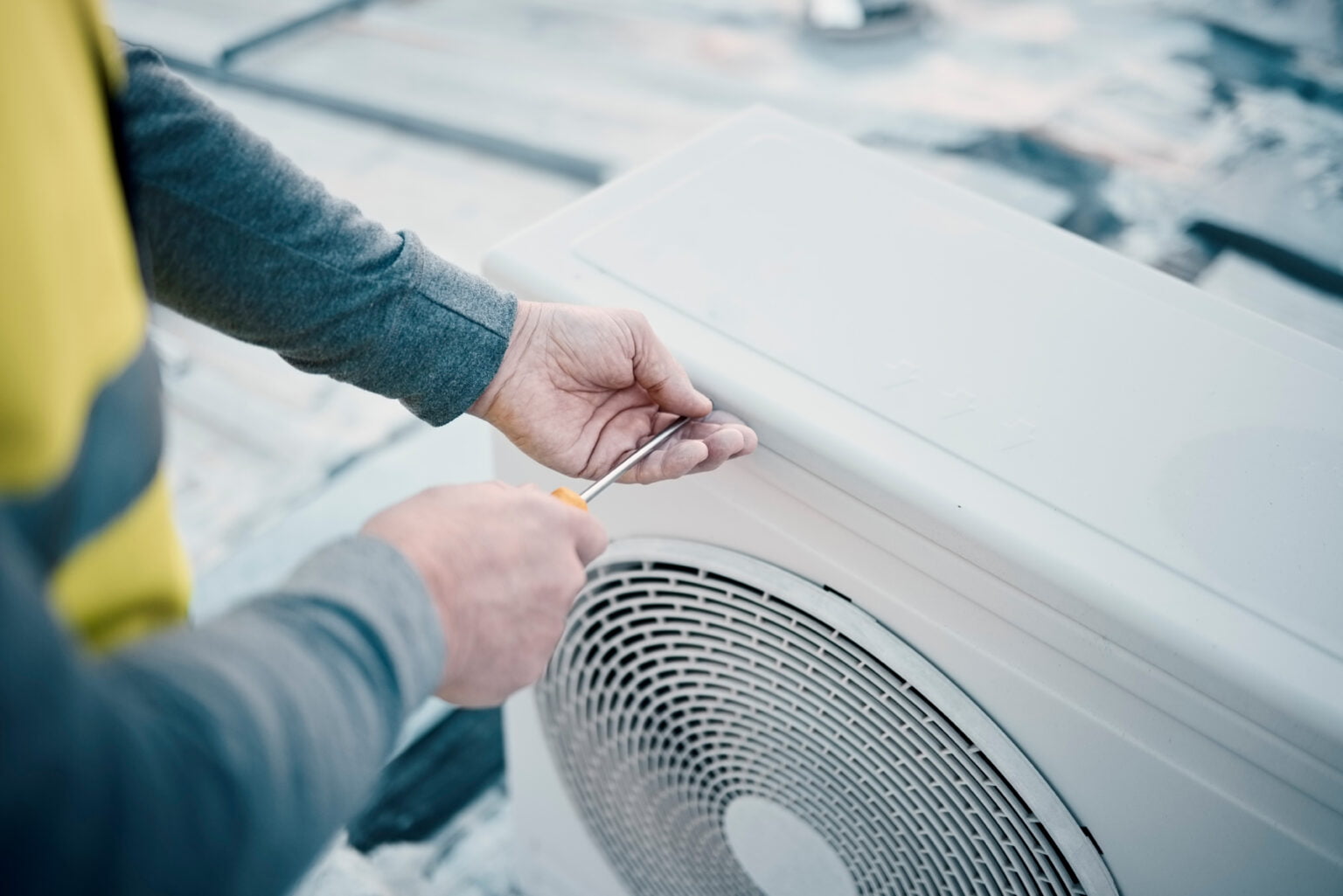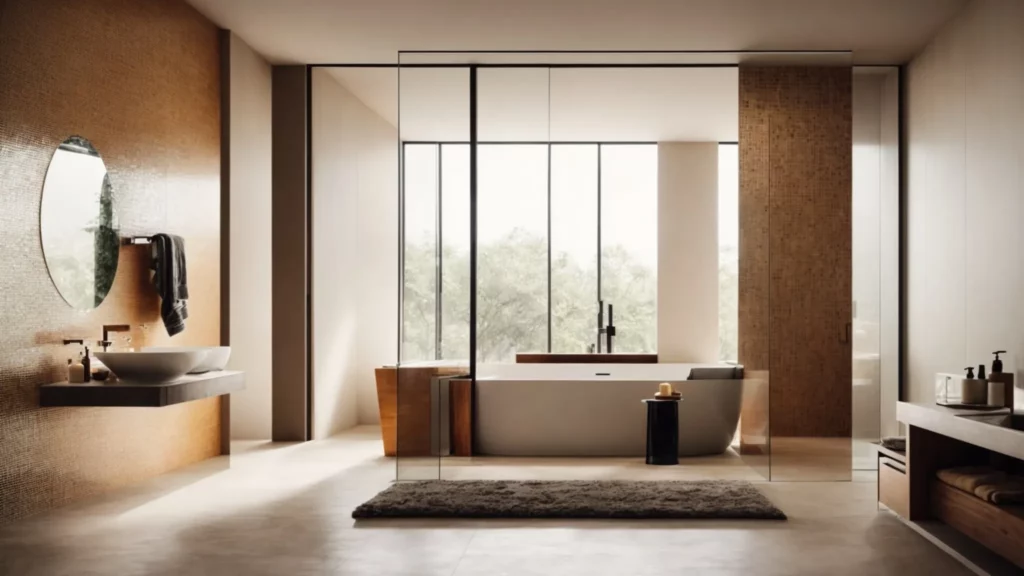Air conditioning units are designed to bring comfort to our homes by maintaining the desired temperature regardless of the external environment. However, it’s quite distressing when the very machine meant for relaxation starts to produce weird sounds. If you’ve ever faced such a situation, it’s not just you. Many homeowners encounter this problem at some point in time. While some of these noises are easy to address, others can be a sign of a more severe underlying issue. For the latter, it’s best to call a technician, such as an AC Repair Toms River NJ service. In this article, we will explore the potential reasons behind the strange noises coming from your AC unit.
Worn-Out Fan Belt
One of the common culprits behind an unusual noise in an AC unit is a worn-out fan belt. Just like any other machine, the belt in your AC unit may wear down over time due to regular usage. As it wears out, it might begin to produce a squealing or squeaking sound, especially when the unit starts up or is running. While it’s a relatively inexpensive component to replace, ignoring it could lead to the belt breaking, causing your air conditioner to malfunction.
Debris Inside the Unit
Air conditioning units are exposed to the external environment, and over time, they can become a repository for dirt, leaves, sticks, and other types of debris. When these foreign objects come into contact with the unit’s moving parts, they can cause a range of sounds from rattling to grinding. Regular cleaning and maintenance can help prevent the accumulation of debris inside your AC unit.
Loose or Damaged Parts

Regular use of your air conditioner can lead to some parts becoming loose or even damaged. Screws, bolts, or other components inside the AC may become loose, causing a rattling or banging sound. The blades of the fan can also become bent or damaged, producing a clanging noise when they hit other parts of the unit. It’s crucial to address these issues promptly as they can lead to more severe damage if left unchecked.
Refrigerant Leak
The refrigerant is an essential component of the AC unit, helping it cool the air. If there’s a leak in the refrigerant line, not only can it affect the unit’s cooling performance, but it can also produce a hissing or bubbling sound. Such leaks can be harmful to the environment and can make your AC less efficient. It’s essential to get them fixed as soon as they’re detected.
Motor Issues
The motor is a central part of your air conditioning unit, and if it faces any problems, the entire system can be affected. A failing motor can produce a humming or buzzing sound. This sound is different from the usual noise the unit makes during operation. If you notice such a noise and find that the AC isn’t cooling as effectively as it used to, it’s a sign that the motor might be on its way out.
Frozen Evaporator Coils
Evaporator coils play a crucial role in absorbing heat from the air inside your home. However, under certain circumstances, such as reduced airflow or low refrigerant levels, these coils can freeze. A frozen coil can lead to a humming sound from your AC unit. It’s vital to address this issue quickly, as it can lead to further complications, including damage to the compressor.
Compressor Issues
The compressor is one of the most vital parts of the AC unit, responsible for circulating the refrigerant. If the compressor starts to fail, it can produce a loud grinding or clicking noise. Compressor issues can be costly to fix, and in some cases, it might be more economical to replace the entire unit rather than repair the compressor.
Ductwork Expanding and Contracting
The ductwork in your home carries the cooled or heated air from the AC unit to the various rooms. Changes in temperature can cause the ducts to expand or contract, leading to popping or banging sounds. While this isn’t necessarily a sign of a malfunctioning AC unit, it can be a source of noise that some homeowners find disturbing.
External Factors and Vibrations
External factors can be a common reason for the mysterious sounds emanating from your AC unit. Your AC’s external unit sits outside, where it’s subjected to various forces. Sometimes, the ground beneath the unit can settle, causing the unit to sit at an angle. An uneven positioning can cause vibrations and noises, especially when the unit works hard during peak temperatures. In other instances, strong winds or storms can slightly move or misalign parts of the unit, leading to sudden and unexpected noises. A simple realignment or securing of the unit properly can remedy these problems.
Electrical Component Failures
While many of the issues we’ve discussed relate to mechanical parts, it’s essential not to overlook the electrical components of your AC system. Electrical failures or malfunctions can lead to buzzing or crackling noises. For instance, a failing capacitor, which provides the necessary jolt to start the motor or keep it running, can lead to a buzzing sound if it’s not functioning correctly. Another potential source is a malfunctioning relay causing a chattering sound. Since dealing with electrical issues can be risky, it’s always recommended to have a professional assess and address these problems.
Blower Wheel Imbalance
The blower wheel is responsible for directing air through the unit and into your home. Over time, this wheel can become dirty or, in some cases, slightly imbalanced. Even a minor imbalance can cause the wheel to wobble when it spins, leading to a distinct and consistent noise. Cleaning and rebalancing, or in extreme cases, replacing the blower wheel, can alleviate this issue.
Damaged Insulation

Insulation within the AC unit serves a dual purpose: it dampens operational noises and prevents condensation. If this insulation becomes damaged or wears out, you may notice an increase in the operational sound of your AC unit or a dripping sound caused by condensation forming inside. Replacing the damaged insulation can bring the unit back to its quieter operation and prevent moisture-related issues.
Pump and Drain Pan Issues
The condensate pump and drain pan play crucial roles in removing the moisture that your AC extracts from the indoor air. If the pump starts to fail or the drain pan becomes clogged, you might hear gurgling or splashing noises. Regular maintenance, including checking and cleaning the pump and drain pan, can help avoid these problems.
Improperly Sized Ducts
The size and design of your ductwork should match the capacity and requirements of your AC unit. If the ducts are too small or not designed correctly, they can cause a range of noises, including whistling, as the air is forced through them. While adjusting the size or layout of your ductwork is a more extensive project, it can make a significant difference in the efficiency and noise level of your AC system.
Conclusion: Addressing AC Noises Promptly
No one wants to deal with a noisy AC unit, especially during the hot summer months when the system is most needed. While some noises are harmless and can be easily addressed, others indicate more significant issues that can jeopardize the longevity and efficiency of your unit. It’s essential to be proactive in diagnosing the cause of these noises and addressing them promptly. By doing so, you not only ensure the longevity of your AC system but also save on potentially high repair costs down the line. If in doubt about the cause of the noise or its solution, don’t hesitate to reach out to a professional technician.









